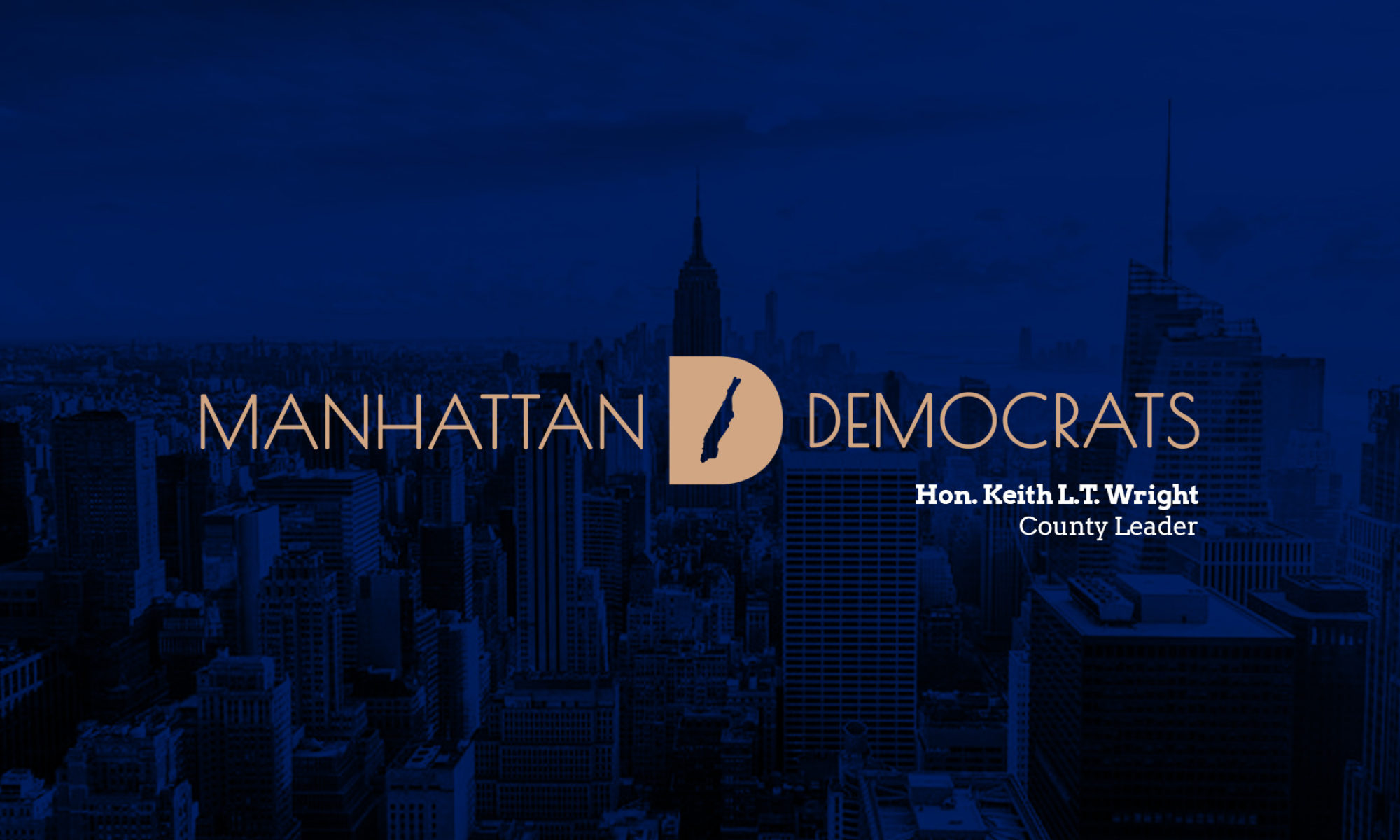The New York County Democratic Committee has announced the formation
of an Independent Screening Panel to report on candidates for nomination by the Democratic Party for two (2) New York County-wide Civil Court vacancies, one vacancy in the 4th Civil Court District, and two incumbents in the 2nd and 4th Civil Court Districts, which will be filled in the November general election. The chief operation officer of numerous bar associations, community organizations, and law schools designated the following members to the panel, which will report no more than the nine most highly qualified candidates for the three Civil Court vacancies.
Albert Barruceco, Hispanic National Bar Association, Region II
Dana M. Catanzaro, Columbian Lawyers Association,
Stacey Charland, Neighborhood Defenders Service of Harlem
Joshua Crespo, New York Urban League
Khalil El Assaad, New York Law School
Patricia Fersch, New York Women’s Bar Association
Alan Greenberg, Jewish Lawyer’s Guild
Irving Hirsch, City Bar Association of New York
Emily Hoffman, Community Service Society of New York
Chris Kwok, AABANY
Arnold Levine, Criminal Bar Association
Cynthia Liang Weaver, Asian Americans for Equality
David Oddo, New York State Trial Lawyers
Wanda Sanchez Day, Puerto Rican Bar Association
Chul Pak, Korean American Lawyers Association of Greater New York
Karol Robinson, Association of Black Women Attorneys
Crystal Shipp, NAACP Mid Manhattan Branch
Asha Smith, Metropolitan Black Bar Association
Nasreen Syed, South Asian Bar Association of New York
Michael Weiner, LGBT Bar Association of Greater New York (Le-Gal)




